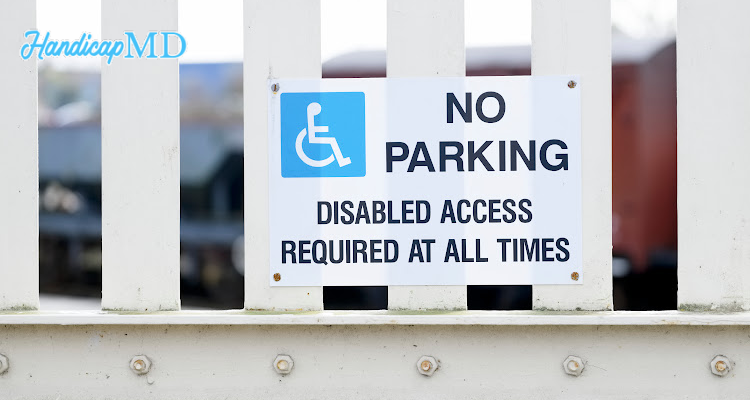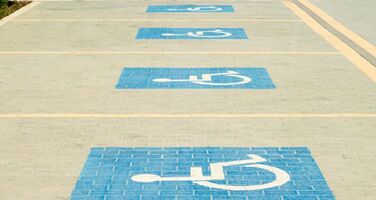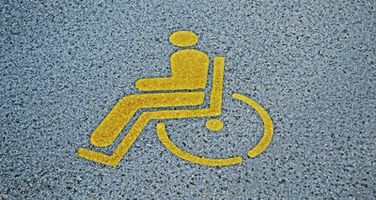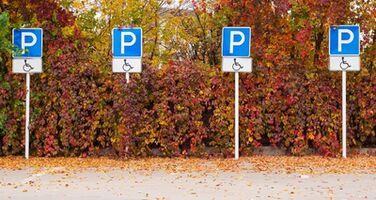
The Impact of Handicap Placard Abuse and How to Report it in North Dakota
Introduction
The abuse of handicap placards is a serious problem that affects the lives of many individuals with disabilities in North Dakota. These placards are meant to provide convenience and accessibility to those who truly need them. However, when misused, they can deprive genuine beneficiaries of their rightful privileges and create significant problems for both disabled individuals and the community. This article delves into the impact of handicap placard abuse in North Dakota and provides essential information on how to report such abuse effectively.
The Impact of Handicap Placard Abuse in North Dakota
Handicap permit abuse has wide-ranging consequences on various levels. It not only affects individuals with disabilities but also puts unnecessary strain on law enforcement and city authorities. Some of the key impacts include:
Reduced Access to Essential Services
Handicap parking spaces are strategically located near entrances to buildings and facilities, providing easier access for individuals with disabilities. When these spaces are occupied by able-bodied individuals misusing the placards, it restricts the accessibility of essential services for disabled individuals, making everyday tasks like grocery shopping or visiting medical facilities extremely challenging.
Increased Safety Risks
Misuse of handicap placards can lead to overcrowded parking areas and result in unsafe situations for disabled individuals. They might have to park further away, leading to difficulties and dangers when navigating through traffic and uneven terrain, causing an increased risk of accidents and falls.
Emotional and Psychological Impact
Individuals with disabilities already face various challenges daily, and the abuse of handicap placards adds insult to injury. The emotional toll of witnessing others taking advantage of privileges meant for those in need can lead to feelings of frustration, helplessness, and a sense of injustice among disabled individuals.
Strain on Law Enforcement
Law enforcement officers play a crucial role in upholding the proper use of handicap placards. However, dealing with cases of abuse can be time-consuming and challenging for them. This strain on resources diverts attention from other important matters, affecting overall community safety.
Impact on Trust and Community Cohesion
Handicap placard abuse can create tensions within the community. It fosters distrust among neighbors and undermines the spirit of compassion and empathy for those in need. Building a cohesive and inclusive community becomes difficult when some members are taking advantage of the system.
How to Report Handicap Placard Abuse in North Dakota
Reporting handicap placard abuse is vital to curb this issue and ensure accessibility for those who genuinely require it. If you suspect misuse, here's how you can report it:
1. Gather Information
Before reporting, gather as much information as possible to support your claim. Note the placard number, the vehicle's make and model, the date and time of the incident, and the location where the abuse took place.
2. Contact Local Authorities
Reach out to your local law enforcement or the Department of Transportation to report the incident. Provide them with all the relevant information you collected. You can also use the ND Motor Vehicle Department's hotline dedicated to reporting placard abuse.
3. Provide Witness Statements
If there were witnesses to the incident, encourage them to come forward and provide their statements. Witness accounts can add credibility to your report and strengthen the case against placard abuse.
4. Use Social Media and Community Platforms
Social media can be a powerful tool to raise awareness about handicap placard abuse. Share your experiences, photos, or videos on community platforms to garner support and encourage others to take action.
5. Encourage Advocacy Groups
Connect with disability advocacy groups in your area and inform them about the incident. They may have experience dealing with such issues and can offer guidance and support.
6. Follow Up
Stay involved in the process and follow up with the authorities regarding your report. Persistence is essential to ensure that action is taken against the abuse.
FAQs about Handicap Placard Abuse and Reporting in North Dakota
Q: What are the penalties for handicap placard abuse in ND?
A: Handicap placard abuse in North Dakota is considered a serious offense. Violators may face fines, suspension or revocation of the placard, and even criminal charges in severe cases.
Q: How can I identify handicap placard abuse?
A: Look for signs like an individual without visible disability using a handicap parking space, using someone else's placard, or displaying an expired or fake placard.
Q: Can I report placard abuse anonymously?
A: Yes, you can report placard abuse anonymously, but providing your contact information can be beneficial if authorities need further details or clarifications.
Q: What should I do if I suspect someone is abusing a handicap placard in a private parking lot?
A: Private lots may have their own rules regarding placard abuse. It's best to inform the lot management or the property owner about the situation.
Q: Will my identity be protected if I report placard abuse?
A: Law enforcement agencies often take measures to protect the identity of the individuals who report placard abuse, especially if anonymity is requested.
Q: How can I contribute to raising awareness about handicap placard abuse?
A: You can join local campaigns, share information on social media, and actively support disability advocacy groups to raise awareness about the issue.
Conclusion
The impact of handicap placard abuse in North Dakota is a matter of concern that requires collective efforts to combat effectively. By understanding the consequences of this abuse and knowing how to report it, we can contribute to creating a more inclusive and supportive community for disabled individuals. Reporting placard abuse is not just a responsibility but a duty to uphold the rights and dignity of those who truly need handicap parking privileges.
.png)






